Mental health crisis: One million ‘lost’ in coronavirus lockdown
More than a million Australians have sought mental health treatment with a 30 per cent rise in Victoria over the past four weeks.
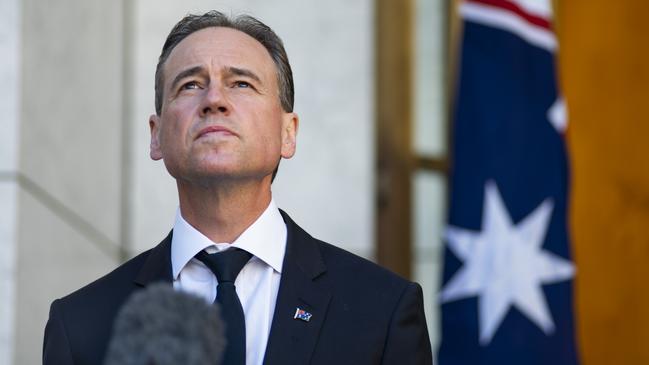
More than a million Australians have sought mental health treatment during the COVID-19 pandemic, while ongoing lockdowns in Victoria have sparked a social crisis, with a 30 per cent rise in cases in the past four weeks.
The first official data revealing the depth of the mental health disaster in Victoria since the second wave outbreak reveals access to some crisis services has risen by up to 67 per cent in the space of four weeks.
Demand for children’s mental health has also skyrocketed in Victoria, with access to services jumping more than 30 per cent since September.
The spike is more than double that of the most populous state, NSW, and comes as Victorian Premier Daniel Andrews concedes that the infection targets in his roadmap to recovery may have to be revised to allow a more rapid easing of restrictions.
As the economic and mental health impacts of the lockdowns escalate, Mr Andrews flagged an easing of social restrictions this Sunday after admitting that the current reduction in infection rates may be “as good as it gets”.
Commonwealth health department figures obtained by The Australian reveal that in September and October, 350,884 Victorians sought access to Medicare-funded GPs, psychiatrists, psychologists and counselling treatments. This was a 31 per cent increase on the same period last year and three times higher than the nat¬ional average. A federal health official said the “jurisdictional” difference in relation to Victoria was “stark”.
Health Minister Greg Hunt said the data was of significant concern. “It is absolutely clear that the mental health impact of prolonged lockdowns is understandably severe … and devastating,” he said.
“The Morrison government recognises it is a very challenging time for many Australians, with the effects of the COVID-19 pandemic on daily life and work having taken a considerable toll on the mental health of individuals and communities.
“This is especially so in Victoria, which has endured the worst of the second wave of the COVID-19 pandemic and is subject to further restrictions.”
According to the data, there were 3702 calls to the Kids Helpline by Victorians, a 61 per cent increase in just four weeks.
Access to Beyond Blue services in Victoria was 77 per cent higher than the rest of the country. The total number of contacts to the mental health organisation was 6472 over the same four weeks — a 67 per cent increase on the same time last year — compared with a 27 per cent increase in NSW and 8 per cent nationally.
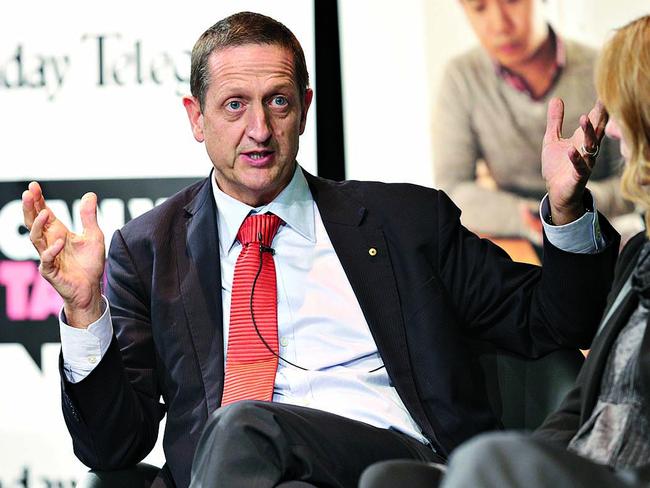
Victorian use of Lifeline services was 16 per cent higher than the rest of the country and Kids Helpline 24 per cent higher.
Victoria’s own data showed a 33 per cent spike in “child and youth contacts in community mental health services for eating disorders”.
The data follows repeated warnings from medical experts of a long-term mental health impact of the pandemic.
Sydney University psychiatry professor Ian Hickie, co-director of the Brain and Mind Institute, said there was an “urgent need for substantive investment in new services” that needed to be clinical and targeted.
“Victoria, clearly at the moment stands out … but other parts of the country are as well where unemployment and uncertain futures is biting hard,” Professor Hickie said.
“Young people are at the top of the list. All the feedback from youth services around the country, particularly in Victoria, is there is a massive increase in ¬demand in the past three months. What we need urgently is a ¬national response.
“While the Morrison government can’t wait … neither can the Andrews government … it can’t hide behind its own royal commission, which doesn’t report until February.
“Given the deterioration of the situation in Victoria, demand for services and pressure on emergency departments, the Andrews government needs to act as well, it needs to respond now… People will die on waiting lists.”
Patrick McGorry, executive director of Orygen and professor of youth mental health at Melbourne University, said the situation had become dire.
“We’ve been very concerned about the shadow pandemic and it is starting to get traction,” Professor McGorry said. “We have to have a sense of urgency about it. This is serious, and we’ve got to look at the complexity of the situation. We are beyond capacity.”
Mr Hunt said nationally, since March 16, there had been a 15 per cent increase in the number of Medicare-subsidised mental health services delivered, with 7.4 million services provided and $819m paid in benefits. “We encourage all Australians, and especially Victorians, to continue to stay on top of their mental and physical health and wellbeing wherever possible throughout the COVID-19 pandemic and beyond,” he said. “It is OK not to feel OK. Help is available.
“Through unprecedented investment in mental and physical health to support Australians during the pandemic and the restrictions used to contain it, the Morrison government is ensuring essential supports are available whenever and wherever needed.”
Mr Hunt said the government’s $2.4bn telehealth package was making it easier for those suffering anxiety or depression to seek help.
“Lifeline, Kids Helpline, Beyond Blue and headspace have also received additional funds to ensure they have the capacity to respond to the much greater demand for services in Victoria,” Mr Hunt said. “We encourage everyone to make use of the many services available, but also to connect with others to seek and provide support.”



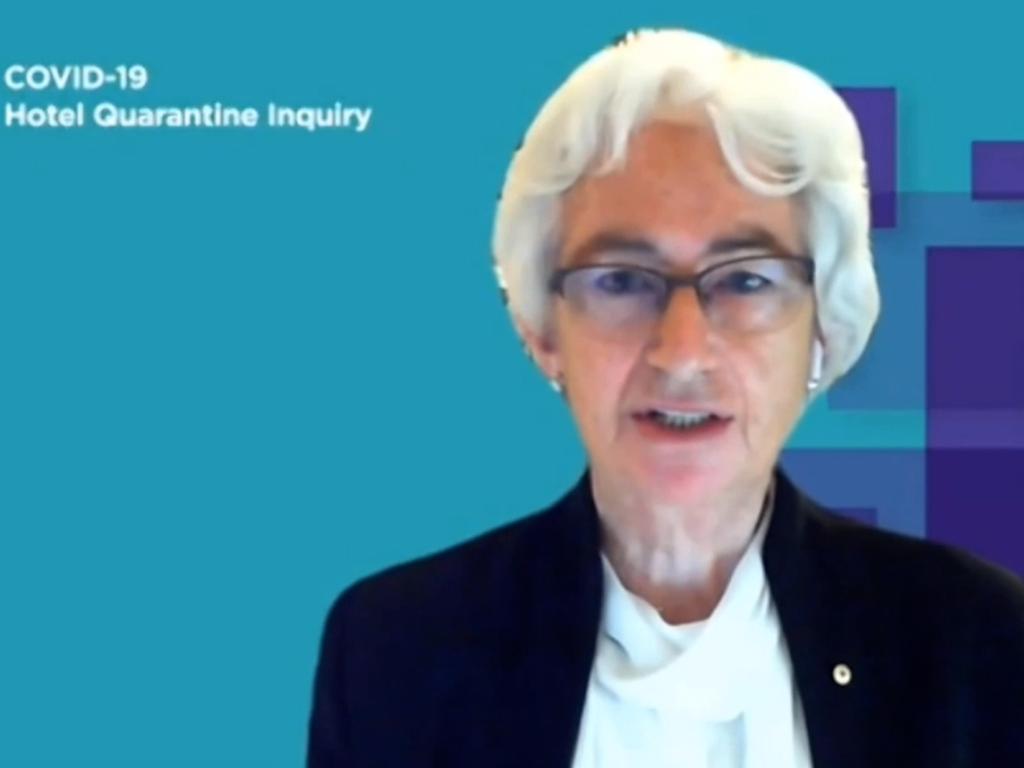

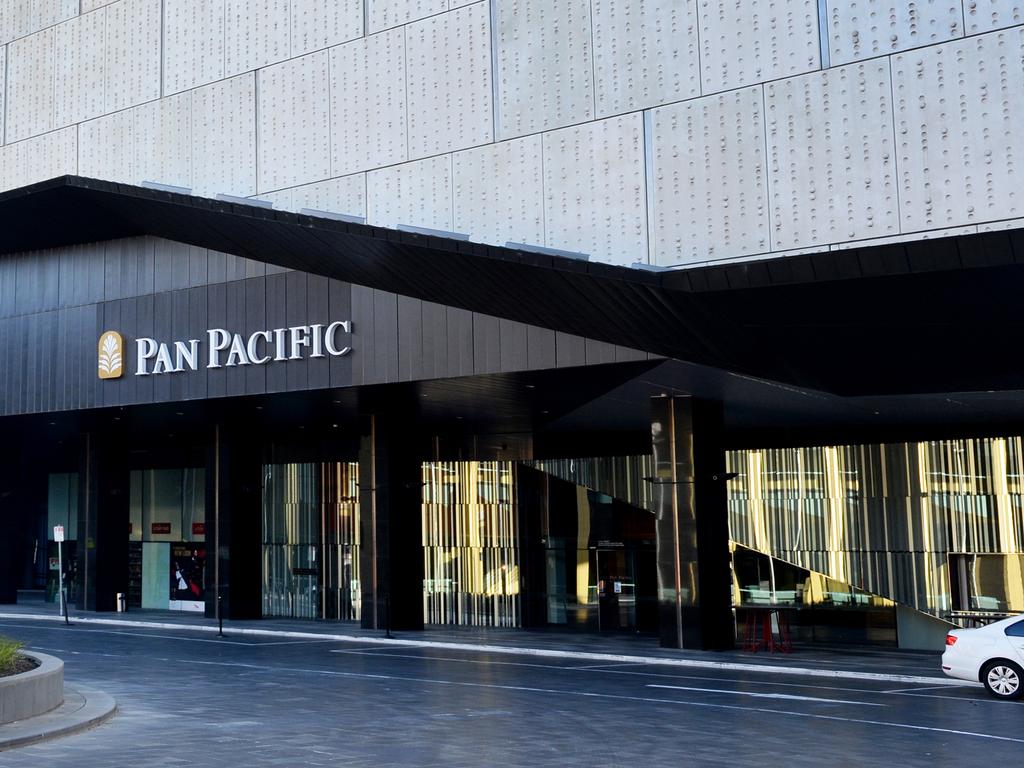
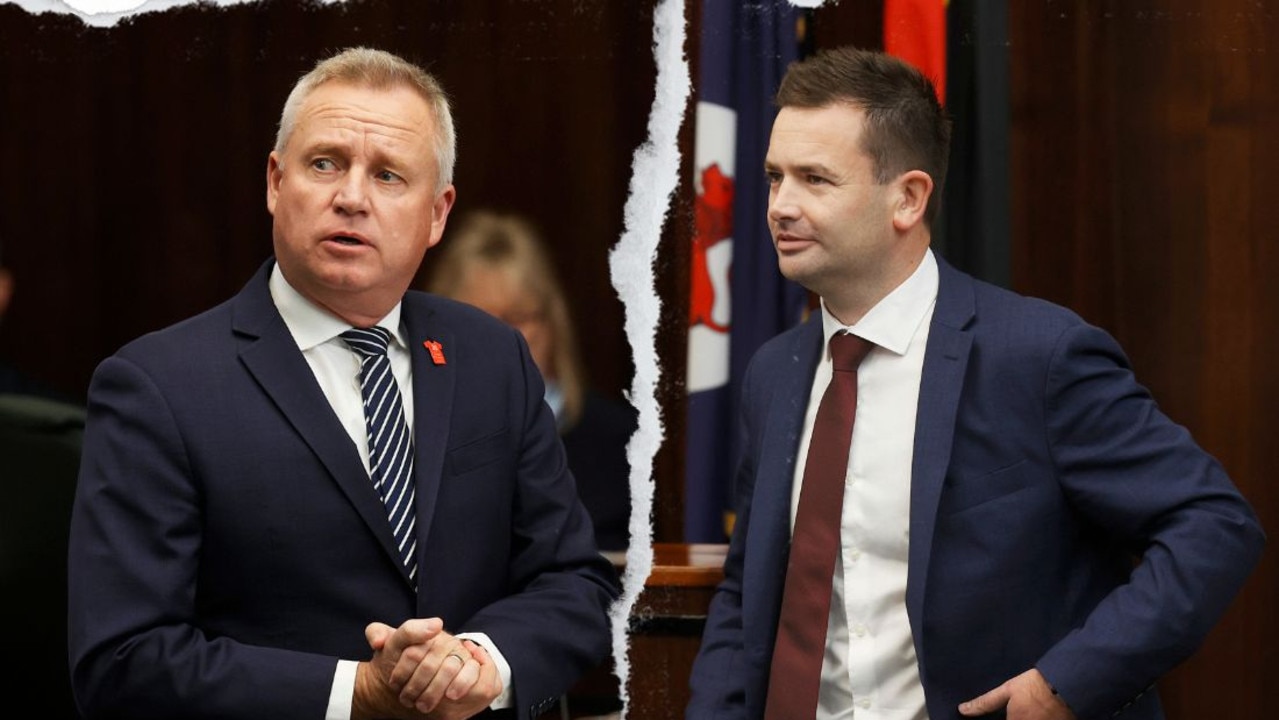
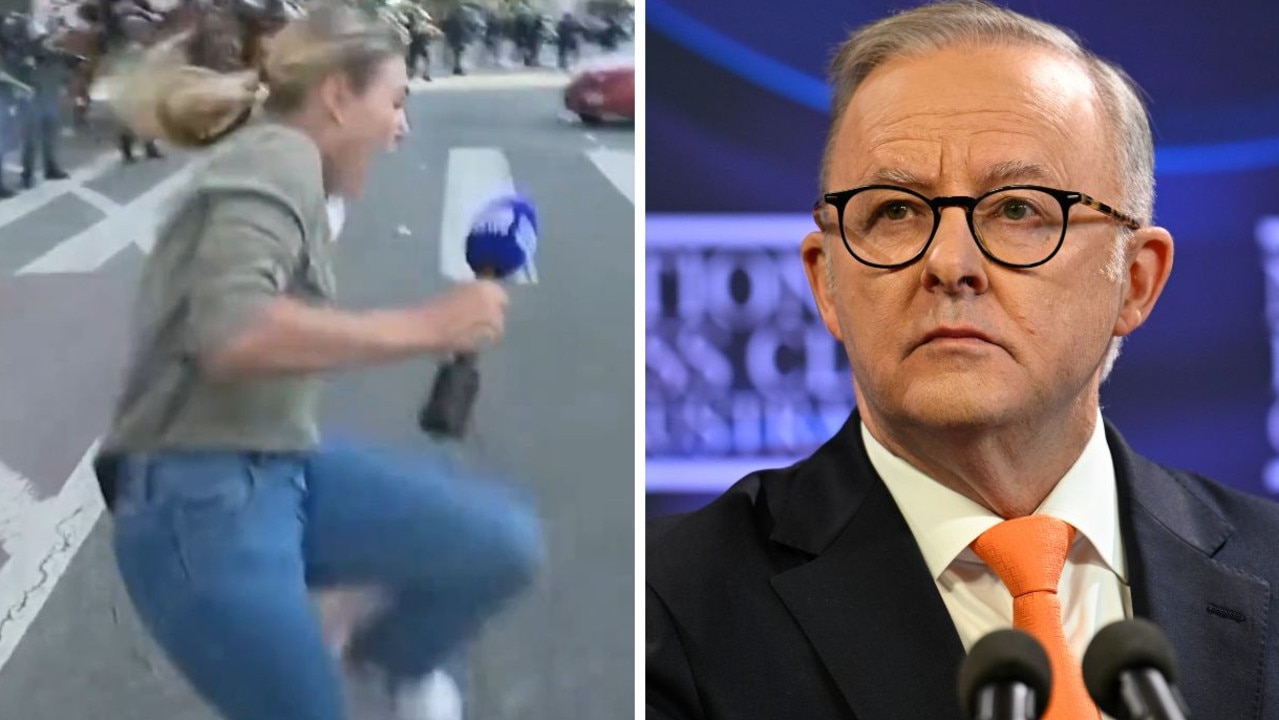
To join the conversation, please log in. Don't have an account? Register
Join the conversation, you are commenting as Logout